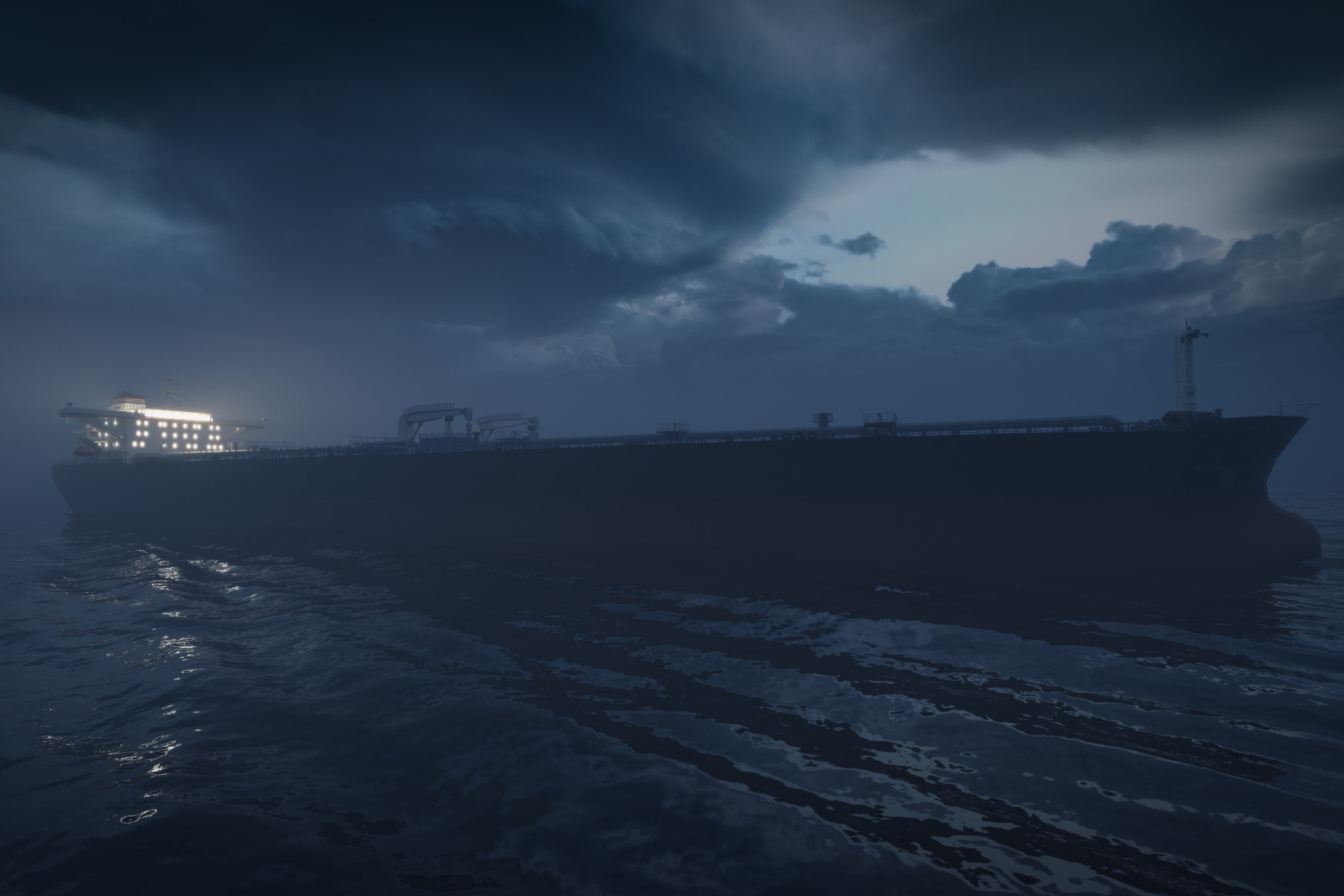
"T he oceans are increasingly populated by a dangerous armada. It numbers around 1,300 vessels. They are not warships. They are not state of the art. They are unarmed, old, often decrepit. They fly flags of convenience from countries such as Panama, Liberia, the Marshall Islands, Malta, and Gabon. Their crews, often Filipino, Chinese, or Indian, suffer from human rights and trafficking abuses."
"What the ships carry is Russian crude oil bound for overseas buyers, especially China and India. Their purpose: to bankroll Russian president Vladimir Putin's aggression in Ukraine. They are war enablers, sanction evaders, flouters of maritime law, an environmental disaster waiting to happen. They comprise, it is estimated, one-fifth of the world's tankers. When Moscow feels this lifeline is threatened, it takes military steps to defend it. Actions have included fighter jets and naval escorts."
"The armada is often referred to as the shadow fleet. It earns the name by playing cat and mouse on the open water and in ports where it might face penalties or seizure. Deceptive practices include turning off identification systems, switching ship names, falsifying manifests or locations, and "flag hopping" (or re-registering under different countries). Another tactic is offshore ship-to-ship transfers, in which cargo is secretly exchanged between vessels while at sea to hide its origin and destination. It's piracy adapted for the modern era."
The oceans host roughly 1,300 often decrepit, unarmed tankers registered under flags of convenience such as Panama, Liberia, the Marshall Islands, Malta, and Gabon. These vessels carry Russian crude mainly to China and India, generating revenue that sustains President Vladimir Putin's war in Ukraine. Crews, frequently Filipino, Chinese, or Indian, endure human-rights and trafficking abuses. The fleet uses deceptive tactics — turning off identification systems, switching names, falsifying manifests, "flag hopping", and offshore ship-to-ship transfers — to evade sanctions. Since Russia's 2022 invasion, the practice expanded into a parallel shipping system comprising about one-fifth of the world's tankers, sometimes defended militarily by Moscow.
Read at The Walrus
Unable to calculate read time
Collection
[
|
...
]